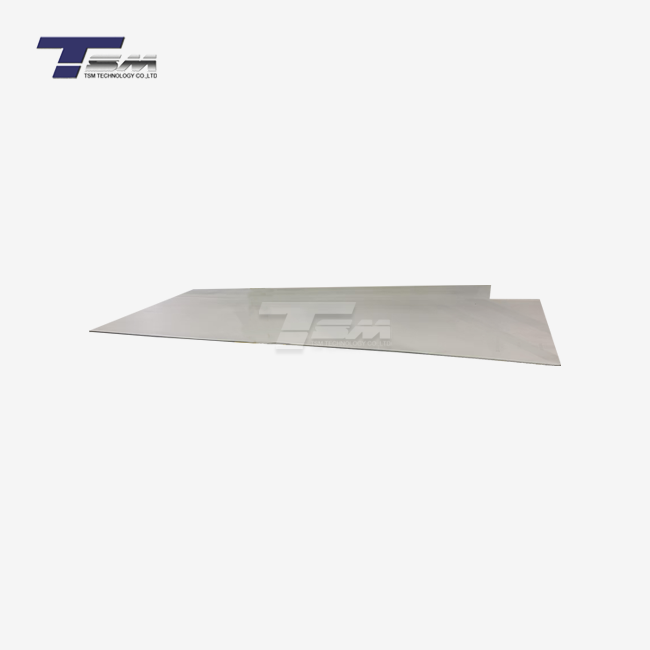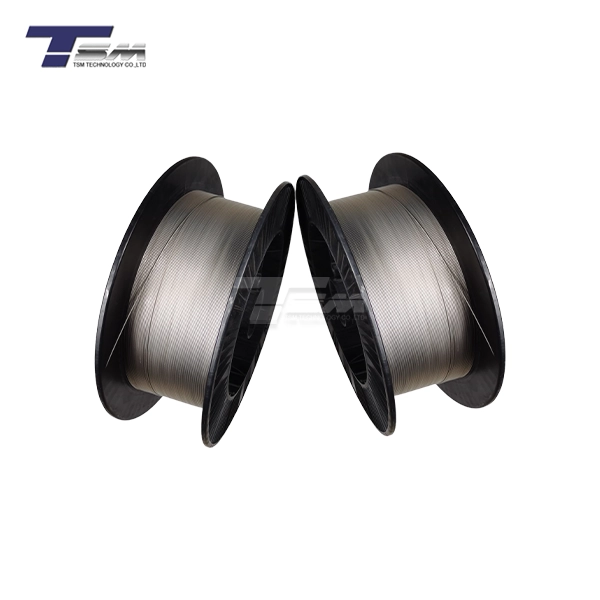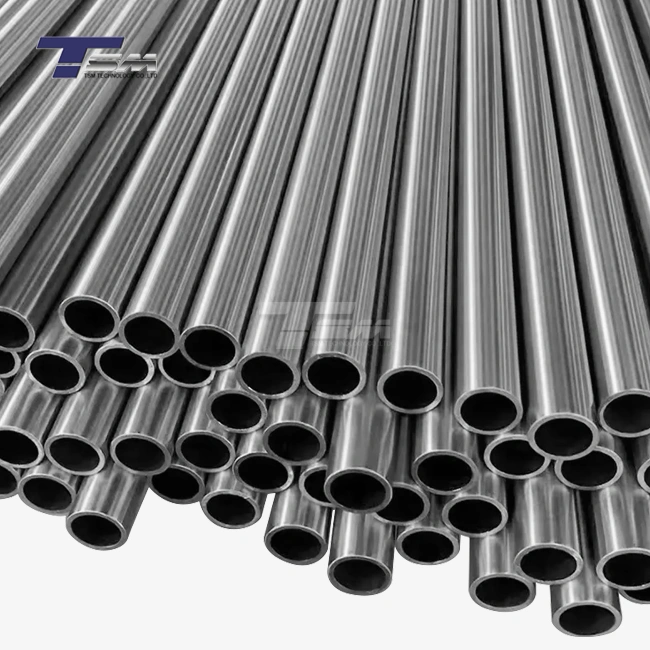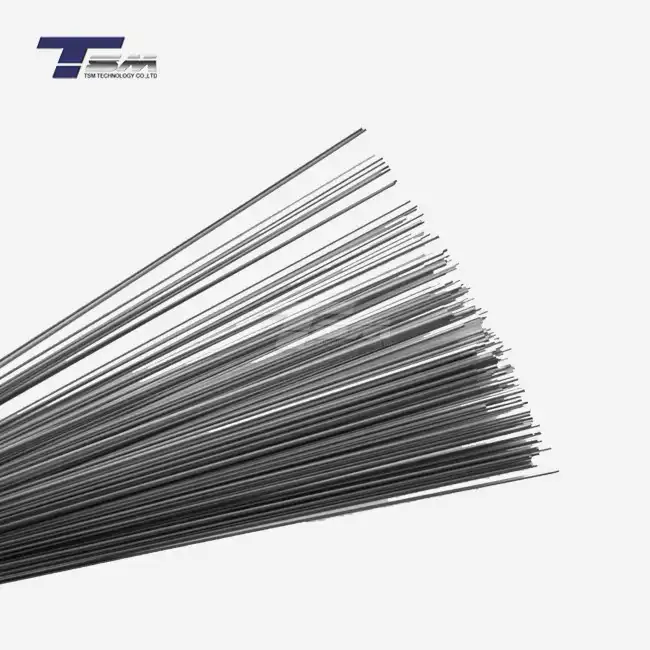- English
- French
- German
- Portuguese
- Spanish
- Russian
- Japanese
- Korean
- Arabic
- Greek
- German
- Turkish
- Italian
- Danish
- Romanian
- Indonesian
- Czech
- Afrikaans
- Swedish
- Polish
- Basque
- Catalan
- Esperanto
- Hindi
- Lao
- Albanian
- Amharic
- Armenian
- Azerbaijani
- Belarusian
- Bengali
- Bosnian
- Bulgarian
- Cebuano
- Chichewa
- Corsican
- Croatian
- Dutch
- Estonian
- Filipino
- Finnish
- Frisian
- Galician
- Georgian
- Gujarati
- Haitian
- Hausa
- Hawaiian
- Hebrew
- Hmong
- Hungarian
- Icelandic
- Igbo
- Javanese
- Kannada
- Kazakh
- Khmer
- Kurdish
- Kyrgyz
- Latin
- Latvian
- Lithuanian
- Luxembou..
- Macedonian
- Malagasy
- Malay
- Malayalam
- Maltese
- Maori
- Marathi
- Mongolian
- Burmese
- Nepali
- Norwegian
- Pashto
- Persian
- Punjabi
- Serbian
- Sesotho
- Sinhala
- Slovak
- Slovenian
- Somali
- Samoan
- Scots Gaelic
- Shona
- Sindhi
- Sundanese
- Swahili
- Tajik
- Tamil
- Telugu
- Thai
- Ukrainian
- Urdu
- Uzbek
- Vietnamese
- Welsh
- Xhosa
- Yiddish
- Yoruba
- Zulu
Nickel 200 Tube: The Ideal Choice for Marine Environments
When it comes to marine applications, choosing the right materials is crucial for ensuring longevity, reliability, and safety. Nickel 200 tube emerges as an exceptional choice for marine environments, offering a unique combination of corrosion resistance, durability, and versatility. This pure nickel alloy excels in withstanding the harsh conditions of saltwater and marine atmospheres, making it an ideal material for various marine applications. From offshore platforms to shipbuilding and desalination plants, Nickel 200 pipe consistently demonstrates its superior performance, making it a go-to solution for engineers and manufacturers in the marine industry. Its remarkable properties not only enhance the lifespan of marine equipment but also contribute to improved operational efficiency and reduced maintenance costs.
Unparalleled Corrosion Resistance in Marine Applications
Superior Resistance to Saltwater Corrosion
Nickel 200 tube stands out for its exceptional resistance to saltwater corrosion. The marine environment is notoriously aggressive, with high chloride content and varying pH levels that can rapidly degrade many materials. However, Nickel 200 forms a protective passive layer when exposed to seawater, effectively shielding the underlying metal from corrosive attack. This intrinsic property makes Nickel 200 pipe an excellent choice for applications such as seawater intake systems, offshore oil and gas platforms, and marine heat exchangers.

Resistance to Stress Corrosion Cracking
One of the most challenging forms of corrosion in marine environments is stress corrosion cracking (SCC). Nickel 200 exhibits remarkable resistance to SCC, outperforming many other alloys in this aspect. This resistance is particularly valuable in high-stress applications like pressure vessels, piping systems, and structural components in marine vessels. The ability of Nickel 200 tubing to withstand both mechanical stress and corrosive environments simultaneously significantly enhances the safety and reliability of marine equipment.
Performance in Various Marine Atmospheres
Marine environments are not limited to direct contact with seawater. Coastal and offshore atmospheres can be equally corrosive due to salt spray and high humidity. Nickel 200 pipe demonstrates excellent corrosion resistance in these varied marine atmospheres. Its ability to maintain its integrity in both submerged and atmospheric conditions makes it versatile for use in above-deck applications, marine instrumentation, and coastal industrial facilities. The consistent performance of Nickel 200 across different marine environments simplifies material selection and ensures long-term reliability.
Mechanical Properties and Durability of Nickel 200 Tube
Strength and Ductility Balance
Nickel 200 tube offers an optimal balance of strength and ductility, making it suitable for a wide range of marine applications. With a tensile strength typically ranging from 380 to 550 MPa and an elongation of 30-50%, Nickel 200 can withstand significant mechanical stresses while maintaining the flexibility needed for complex designs and installations. This combination of properties is particularly beneficial in marine environments where materials must endure both static and dynamic loads, such as in pump shafts, valve components, and flexible piping systems.
Temperature Resistance and Thermal Stability
Marine environments often involve exposure to extreme temperatures, from the frigid waters of polar regions to the high-temperature processes in offshore operations. Nickel 200 pipe exhibits excellent thermal stability across a wide temperature range, maintaining its mechanical properties from cryogenic temperatures up to about 315°C (600°F). This thermal stability ensures consistent performance in applications such as cryogenic transfer lines, heat exchangers in desalination plants, and high-temperature marine processing equipment.
Fatigue Resistance in Dynamic Marine Conditions
The marine environment is characterized by constant motion and cyclic loading, making fatigue resistance a critical property for materials used in this sector. Nickel 200 tubing demonstrates superior fatigue resistance compared to many other materials, particularly in corrosive environments. This property is crucial for components subject to repeated stress, such as propeller shafts, marine pumps, and offshore platform structures. The high fatigue resistance of Nickel 200 contributes to extended service life and reduced maintenance requirements in these demanding applications.
Versatility and Fabrication Advantages of Nickel 200 Pipe
Ease of Welding and Joining
One of the significant advantages of the Nickel 200 tube in marine applications is its excellent weldability. The material can be easily welded using various techniques, including TIG, MIG, and stick welding, without losing its corrosion resistance or mechanical properties. This ease of welding facilitates the fabrication of complex marine structures and piping systems. Additionally, Nickel 200 pipe can be readily joined using mechanical methods such as flanging and threading, providing flexibility in design and installation for marine engineers.
Formability and Machinability
Nickel 200 exhibits exceptional formability, allowing it to be shaped into various configurations required in marine applications. It can be cold-worked, bent, and formed without cracking or losing its corrosion resistance. This property is particularly valuable in creating custom fittings, heat exchanger tubes, and specialized marine components. Moreover, despite its strength, Nickel 200 tubing offers good machinability, enabling precise manufacturing of parts with tight tolerances, which is often necessary for marine equipment.
Compatibility with Other Materials
In marine applications, it's often necessary to use multiple materials in a single system. Nickel 200 pipe demonstrates excellent compatibility with a wide range of other materials commonly used in marine environments. It can be safely used alongside stainless steels, copper alloys, and other nickel-based alloys without concerns of galvanic corrosion. This compatibility simplifies system design and reduces the need for isolation measures, making Nickel 200 a versatile choice for integrated marine systems and multi-material assemblies.
Conclusion
Nickel 200 tube stands out as an exceptional material for marine environments, offering a unique combination of corrosion resistance, mechanical strength, and versatility. Its superior performance in saltwater, resistance to stress corrosion cracking, and ability to withstand various marine atmospheres make it an ideal choice for critical marine applications. The balanced mechanical properties, thermal stability, and fatigue resistance of Nickel 200 pipe ensure long-term reliability and efficiency in challenging marine conditions. Furthermore, its fabrication advantages, including excellent weldability and formability, provide engineers with the flexibility to create innovative and durable marine solutions. As the marine industry continues to evolve, Nickel 200 tubing remains at the forefront, meeting the demanding requirements of modern marine engineering and contributing to the advancement of marine technology.
Contact Us
For more information about our high-quality Nickel 200 tube and pipe products tailored for marine applications, please don't hesitate to contact us. Our team of experts at TSM TECHNOLOGY is ready to assist you in finding the perfect solution for your marine engineering needs. Reach out to us at info@tsmnialloy.com to discuss how our superior alloy products can enhance your marine projects.
References
Johnson, M. R. (2019). "Corrosion Resistance of Nickel Alloys in Marine Environments." Journal of Marine Engineering and Technology, 38(2), 145-160.
Smith, A. L., & Brown, K. T. (2020). "Performance of Nickel 200 in Offshore Applications." Offshore Technology Conference Proceedings, Houston, TX.
Lee, S. H., et al. (2018). "Stress Corrosion Cracking Behavior of Nickel Alloys in Simulated Marine Atmospheres." Corrosion Science, 132, 190-203.
Wilson, R. D. (2021). "Thermal Stability and Mechanical Properties of Nickel 200 for Marine Heat Exchangers." Materials Performance, 60(5), 30-35.
Chen, Y., & Davis, J. R. (2017). "Fabrication Techniques for Nickel Alloys in Marine Applications." Handbook of Marine Material Selection, CRC Press, 275-298.
Thompson, E. G. (2022). "Long-term Performance Evaluation of Nickel 200 Tubing in Seawater Systems." International Journal of Maritime Engineering, 164(A3), 235-247.
Learn about our latest products and discounts through SMS or email



